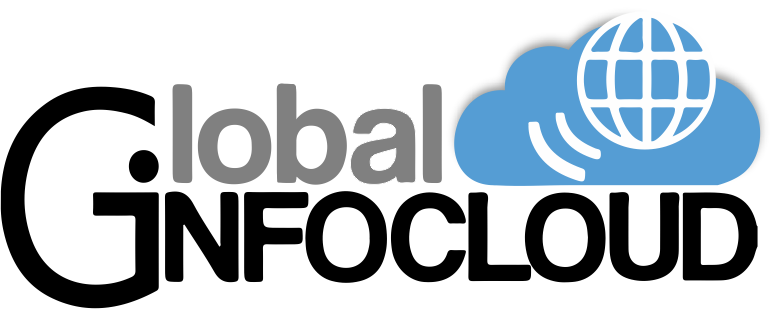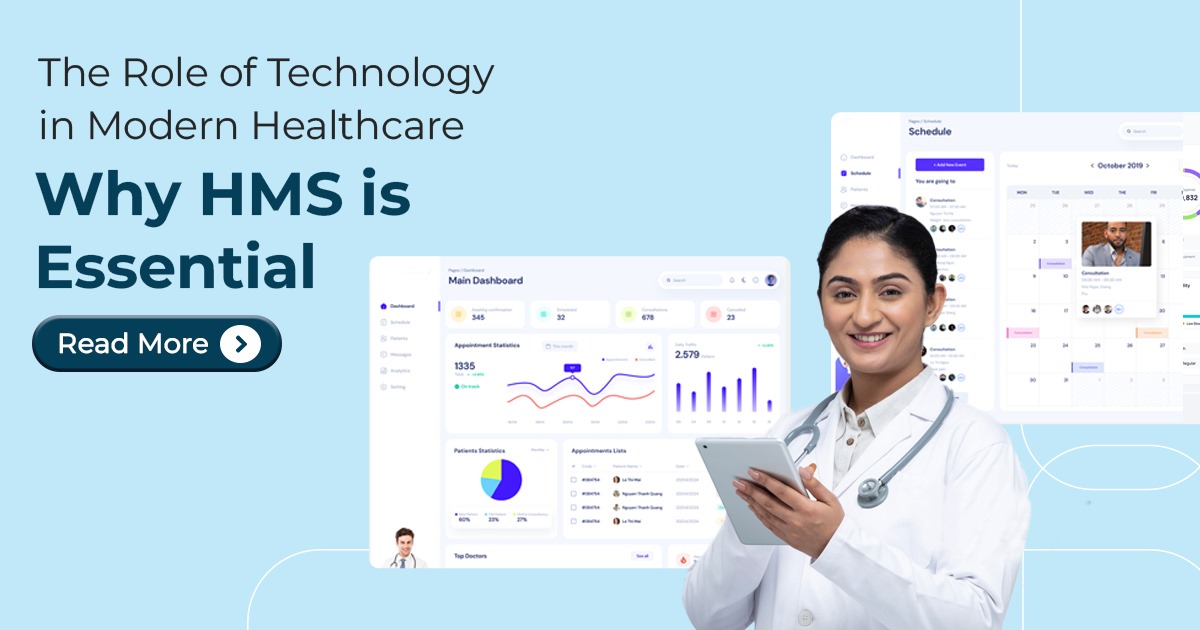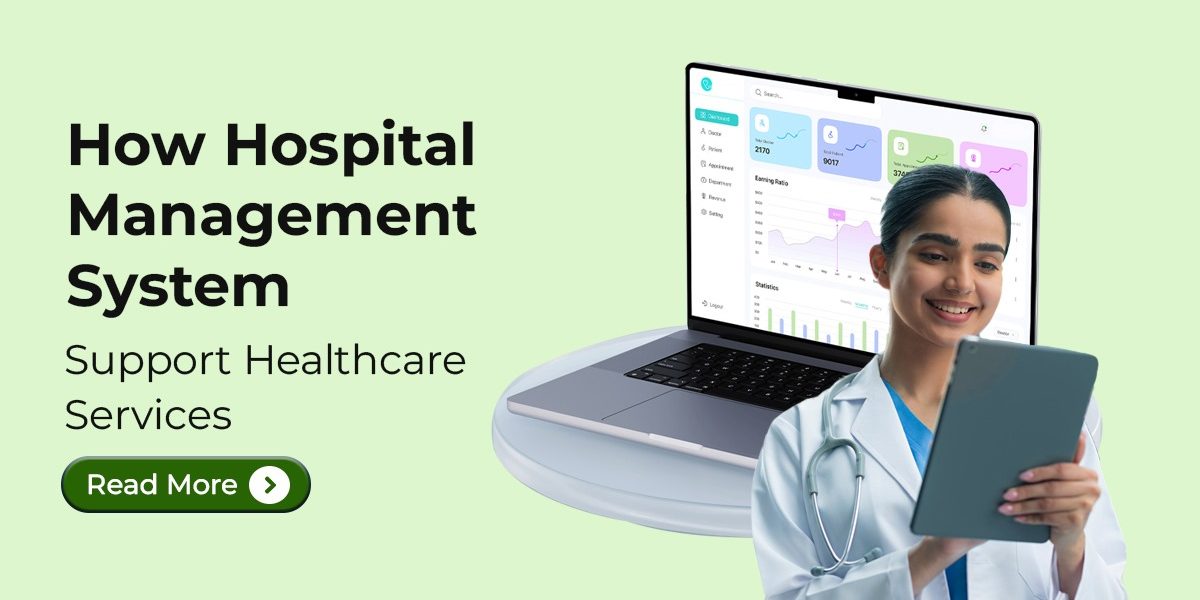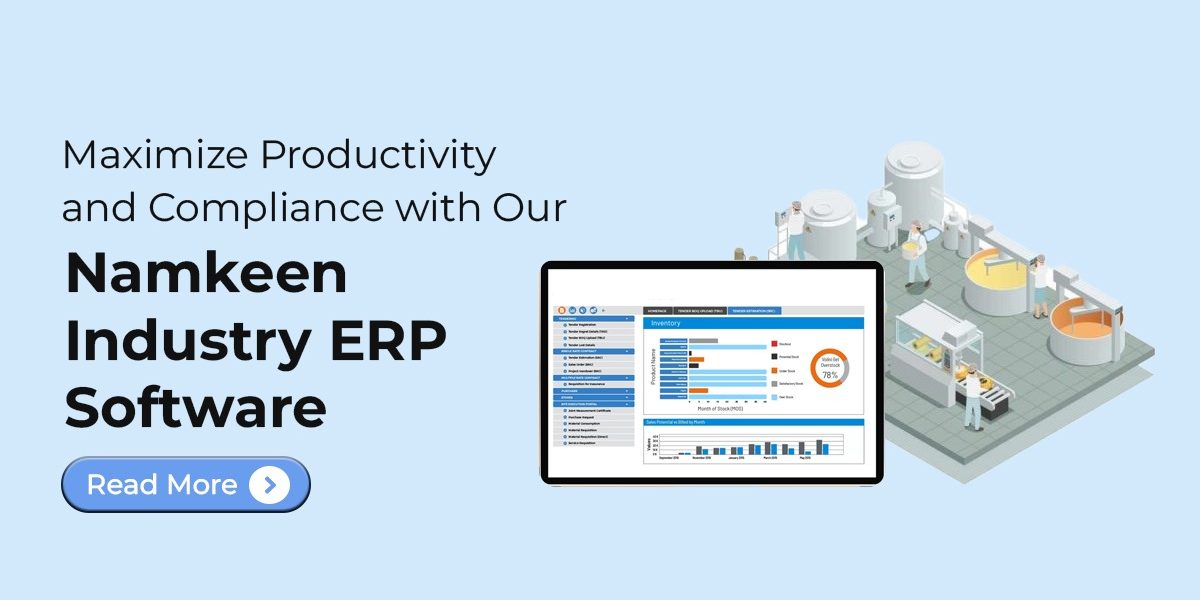In the rapidly changing context of modern healthcare, machines are playing a vital role in raising the efficiency and effectiveness of medical services. The significance of incorporating the most advanced systems in day-to-day operations must be maintained. Hospital management software provider helps to improve organization performance, patient care, and adherence to healthcare regulations. These systems will be an inevitable part of hospitals wherever their proper functioning is to increase efficiency and the level of care rendered. Go with us on this journey as part of our team that will explain why HMS are irreplaceable in a modern healthcare setting.
Streamlining Operations
Hospital information systems are IT solutions that are designed to maintain the day-to-day operations of a medical institution. These machines are used to streamline the hospital’s activities, such as managing patients and providing hospital services. Also, administration will be automated as well. So, these systems cover scheduling, billing, records of patients, and inventory, among other areas, an action that aims at making the processes that were before manual and time-consuming more accessible. By the way, HMS manages to improve hospital operation processes, minimize the number of mistakes, and allow the staff of the medical center to focus on patients’ care instead of administrative tasks.
Enhancing patient care
High-quality medical treatment is another positive consequence of having a hospice medical program. Healthcare software enables healthcare providers to see the complete record of a patient, whether such a patient is being treated with therapy, with medications, or with treatment prognosis, instantly. This availability decreases the time taken to retrieve the information and potential results of an accurate diagnosis and an individualized treatment plan. Moreover, HMS can help in keeping abreast of the patient’s improvement, regulating medication administration, and planning subsequent visits to have the patient treated completely with all care processes coordinated.
Data management and security
In an era where data is a dominant factor, managing large volumes of patient information that are sensitive to healthcare providers entails a critical obstacle. The CTO discusses how the HMS data management system is designed to ensure security and performance. These systems use firm encryption and data protection security policies so that any sensitive information (like patient records) is protected from unauthorized access and breaches of system security. Additionally, data centralization enables the management of the integrity and reliability of information that serves well for research and development in the health sector as well as policymaking.
Cost Effectiveness
One of the most preeminent outcomes of the hospital-wide management system (HMS) in a hospital is the decrease in the costs of medical care. Hospitals can free themselves from the dependence on manual labor that wastes manpower resources through automation of repetitive activity; as a result, there will be a reduced need for hiring and resourcing. HMS can help managers achieve proper inventory management, avoiding overstocks or stockouts of crucial medical equipment and medication. Hospitals are able to curb the monetary losses incurred due to billing errors and achieve higher efficiency in the revenue cycle through improved billing and claims management. There are many firms offering software like GIC which offers the best hospital management software.
Decision Support Systems
One of the tools that are used in modern HMS is the decision-making aids that are meant to assist healthcare providers in making tried-and-tested choices. This process is done to make personalized health solutions more accurate and efficient, as well as speed up the diagnosis (or treatment) process. Take the instance where an HMS can analyze a patient’s signs and history to propose some diseases, or how a doctor might be told that the patient they have been assigned might have an adverse reaction to the prescription.
Future Prospects
AI and machine learning are the technologies that enable this technology to reach the heights that it is capable of. Predictive analysis can assist in putting together patient admission rates and resource planning. What’s more, this HMS technology could improve diagnoses and create individualized treatment courses that previous doctors did not have the power to accomplish.
Conclusion
Hospital management system are not only beneficial. They are integral to the modern network of healthcare. The EHR system, so, forms the foundation upon which several functions can be streamlined for operational efficiency, personalized care delivery, security, and much more. With the trajectory of technology improving, the capacity with which HMS can be utilized is set to grow, thereby bringing fundamental changes to the healthcare field and constituting the new benchmark in patient management and care provision. In the present day, with efficiency and precision being the key issues. The HMS role in healthcare has a fair expectation of further growth in its importance.




